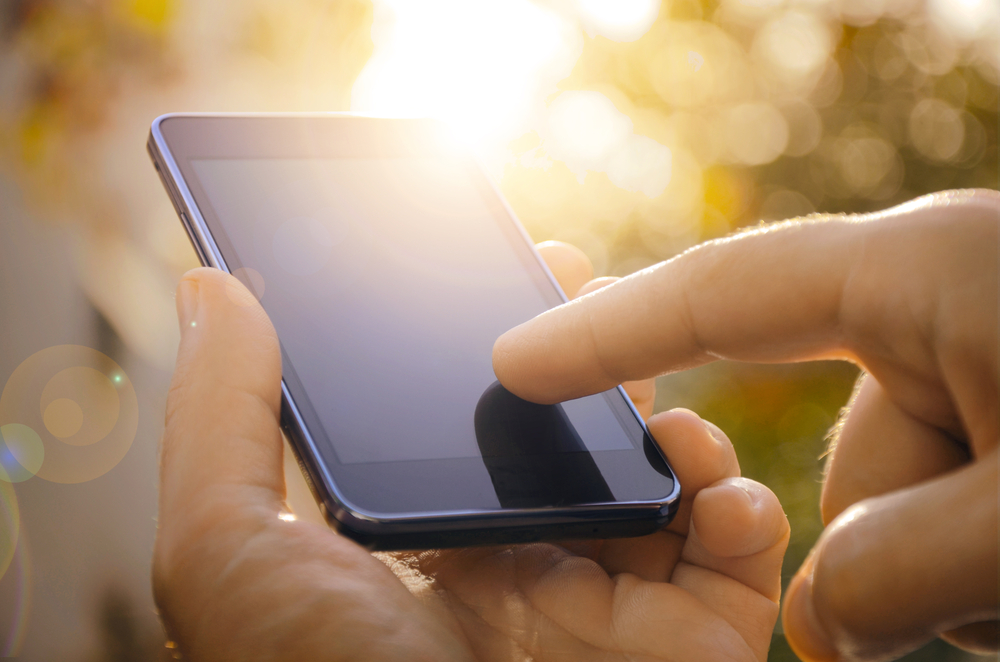The government on Tuesday announced a New Year gift for hospitals in the Valley, restoring their broadband Internet connectivity after five months of information blockade believed to have led to a healthcare crisis.
Schools too will get their broadband connections back while postpaid mobile users can access SMS services again.
Government spokesperson Rohit Kansal said broadband connectivity to hospitals and schools and SMS services — to 40 lakh postpaid mobiles — were being restored from midnight.
The government also abolished toll taxes at Lakhanpur, the point of entry into Jammu and Kashmir, and “all other posts including posts at Railway Stations and Airports” with effect from midnight.
The information blockade — that hit ordinary people, hospitals, educational institutions, businesses and government offices — had been imposed hours ahead of the central government’s August 5 move to scrap Kashmir’s special status under Article 370.
The restrictions on landlines and postpaid mobiles were gradually eased but the Internet gag had continued.
Kargil, part of the newly created Union Territory of Ladakh, got back mobile Internet services last week after a gap of 145 days but the facility was not restored in the Jammu or Kashmir region.
An employee at Srinagar hospital said healthcare was a major casualty of the information blockade, although no official figures are available on the number of lives lost. “Initially, for weeks, specialist doctors could not be called during emergencies as phones were not working. Things eased as phone lines were restored but the absence of Internet continued to be a big handicap,” he said.
“We could not send mails to our main offices and had to return to primitive means of communication. Our employees personally go to offices to deliver letters, for example, to collect medicines.”
Among the worst hit was Save Heart Kashmir (SHK), a WhatsApp based voluntary group of 1,200 doctors dedicated to saving patients with heart emergencies across Jammu, Kashmir and Ladakh.
The group had saved hundreds of lives in two years before the communications ban kicked in but no lives could be saved in the 149 days since.
“I think we can get our group working again and save lives like before, although we are yet to know whether doctors will have free access,” a doctor associated with the initiative said.
“Our volunteers (doctors) in hospitals across Jammu and Kashmir can now access the Internet at their hospitals and send us reports.”
A team of doctors in Srinagar had started the SHK initiative in November 2017 to improve cardiac care in the erstwhile state of Jammu and Kashmir, including Ladakh. Since then, around 1,200 doctors working in 130 hospitals across the state have become part of the initiative.
The process involved doctors in peripheries — where cardiologists are largely unavailable — who would upload ECGs of patients in their respective areas, based on which a team of experts would give advice in the nick of time.
The experts, all volunteers, were available round the clock, making it a novel concept across the globe.
On the scrapping of the toll tax, an official spokesperson said the country has moved towards a onetax regime.
“Post GST, all barriers to entry or tariff-based barriers have been removed,” he said.










